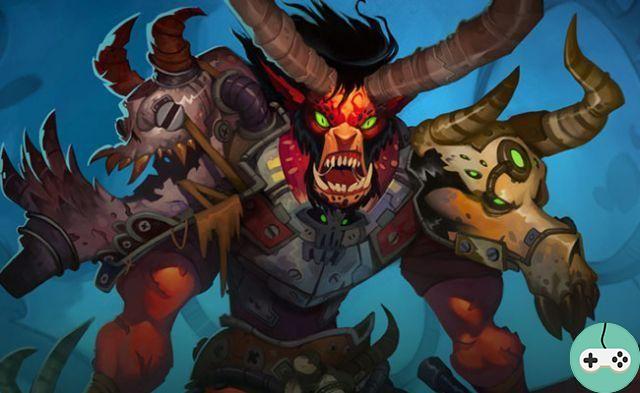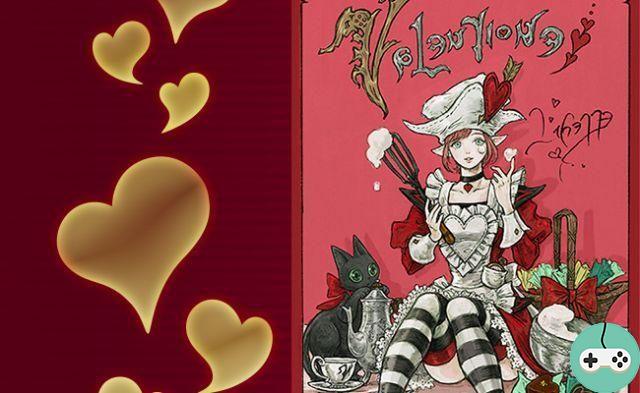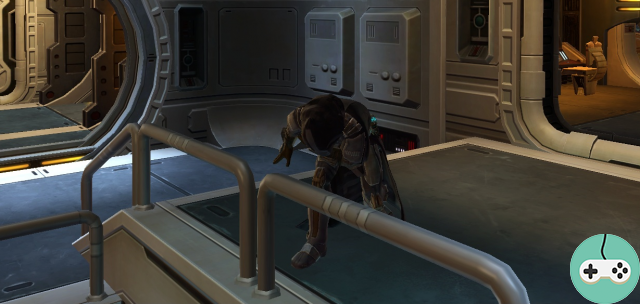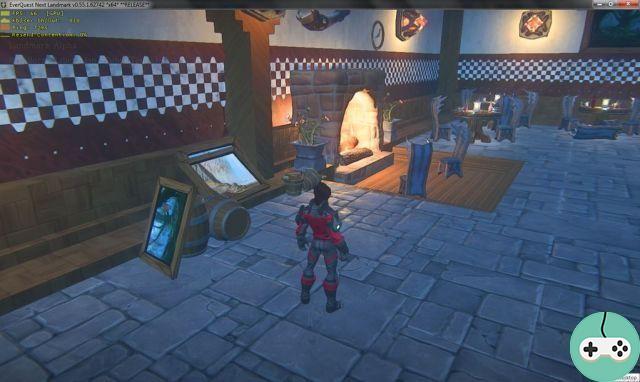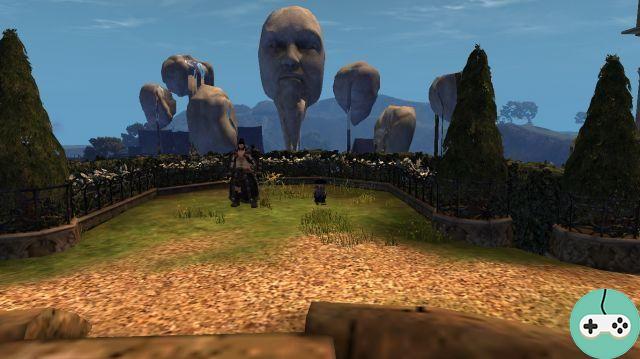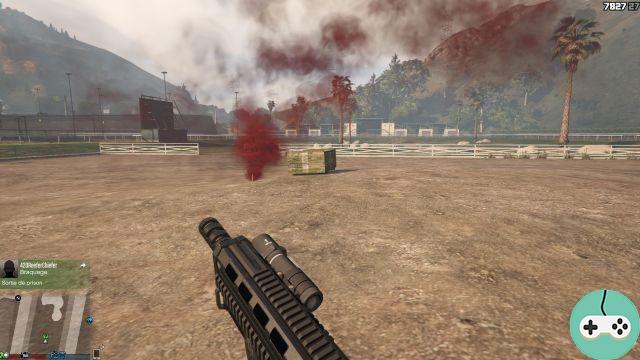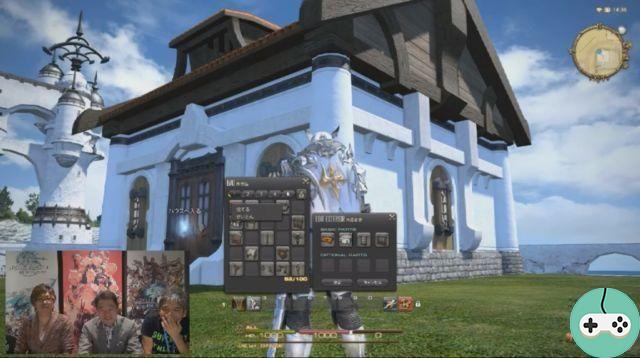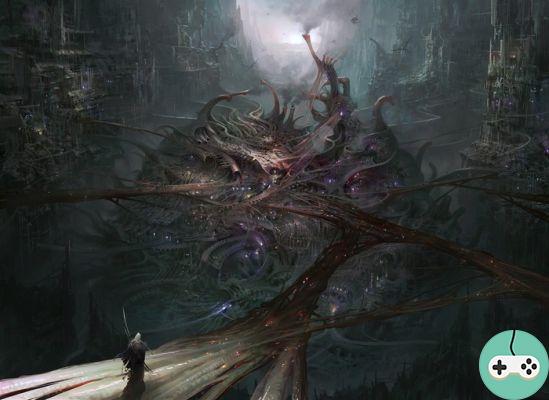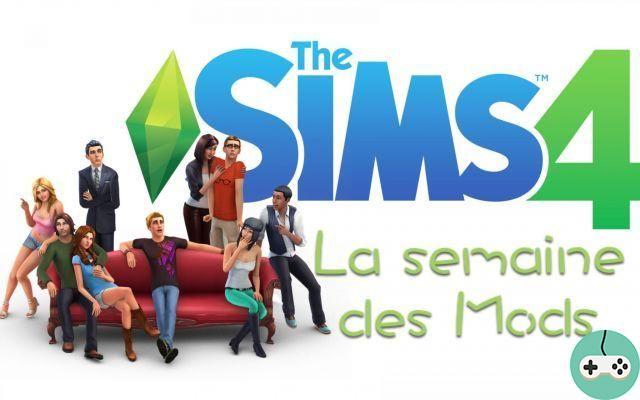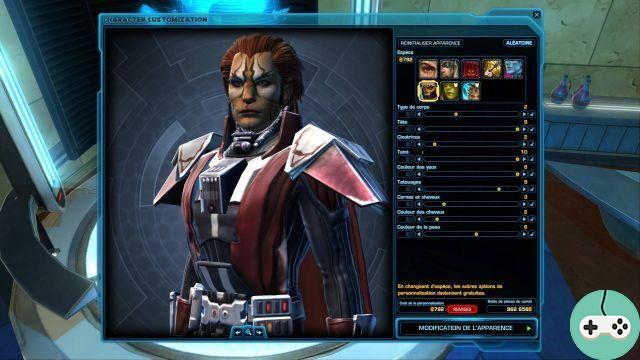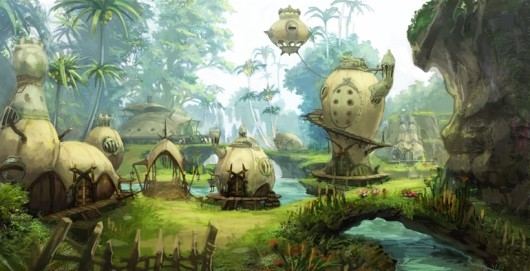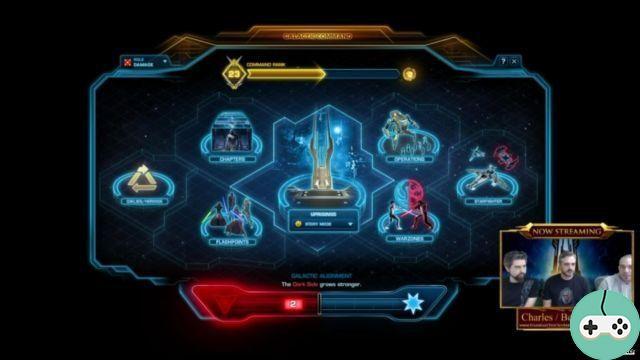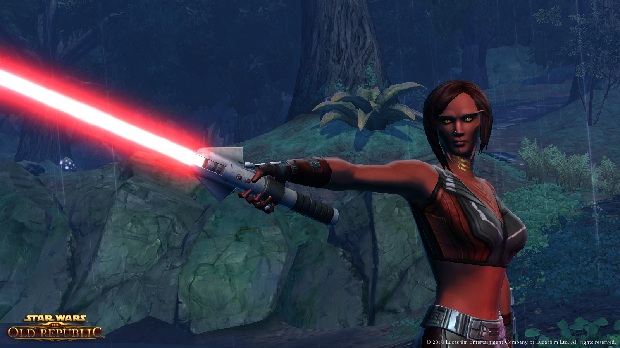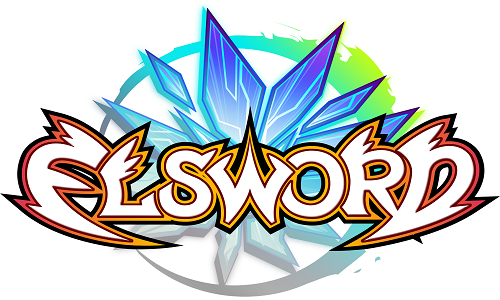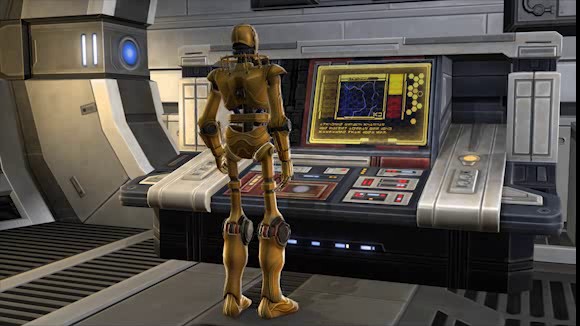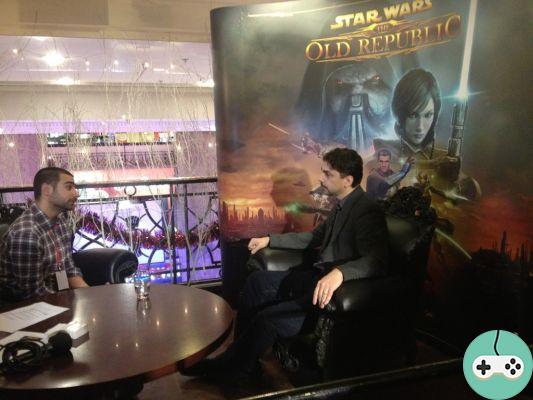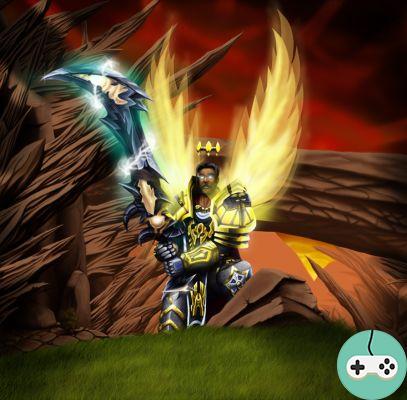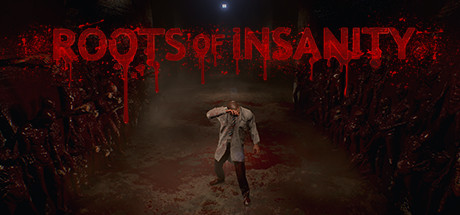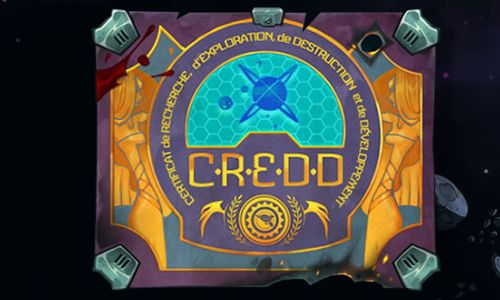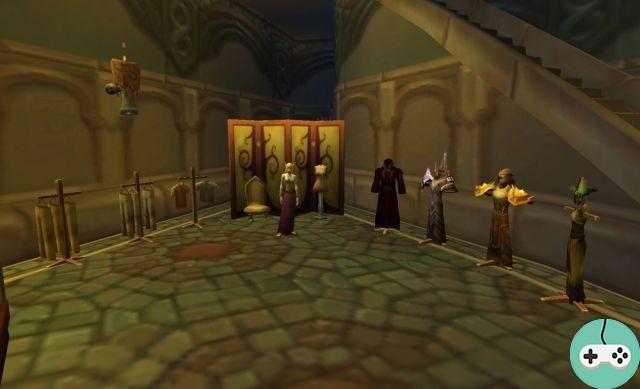
Charles "Bull" Durham, the Senior System Designer of Wildstar recently posted his opinion about the economics of the game. And by his opinion, you have to understand the philosophy of Carbine. The text is quite long but it is full of references and very cleverly written.
A treat that I strongly encourage you to read from cover to cover.
Economy
What do we mean by "economy"? Simply put, it is the study of resource management and their distribution. When preparing the economics of an online game, it is necessary to determine what resources are available, where they are coming from and who is using them.
However, online games like WildStar have a resource distribution problem that doesn't exist in real life - resources can only leave the game when players leave the game, which we seek to avoid at all costs! It's for this reason that we've included in our economy system different ways of stealing ... er, redistributing ... the resources that players get in-game.
You might be wondering why we care about getting back what we give you. Well, I have two answers for you: one pretty obvious and one ... a little more convoluted.

Inflation
The obvious reason is inflation, which is the fact that over time the same amount of money (the bargaining chip) allows you to buy less stuff. Not only does inflation penalize the active player, it can be crippling in the eyes of players who wish to return to the game after taking a break.
Imagine yourself in the shoes of your great- (or even great-great for some of you) grandparents. You save $ 240 to buy a brand new Ford T but, before you can do it and for lack of paying your subscription, you are cryogenized for a century. When you wake up, you find that the $ 240 saved by the sweat of your brow doesn't even allow you to buy a tire anymore. This situation would be very annoying and would surely make you regret having played "real life" again!
You surely find this unacceptable and you are quite right! Inflation is a problem that affects both the real world and virtual worlds, but where does it come from in online games? It's simple: these games generate money from nothing, unlike banks where money is a dematerialization of production and debts. "Creating money from nothing? This is crazy!" Yes it is, in a way. But it's not that bad. If we continue to use this system and have inflation issues in our online games, it is because of Dungeons & Dragons.

How? 'Or' What ? Dungeons & Dragons? But what does Dungeons & Dragons have to do with this business?
D&D is the oldest of the role-playing games. We find his influence in all existing games, including WildStar. Basically, the point of D&D is to kill creatures and collect their equipment. Deep in a musty dungeon is usually a treasure waiting for an adventurous serial killer to be looted, in the most extreme violence. Since D&D, players have found it quite normal to see bags of silver (the infamous bargaining chip) popping up from anything they can hit with a sword. It may sound strange, but above all it's a lot of fun! Everyone loves booty and that's to be expected.
One of the challenges we face when creating virtual economies is therefore to maintain this playfulness, while preventing loot from spoiling the lives of players by drastically increasing market prices. So that's one of the two reasons we try to get some of what we donate back.
“But what is this second reason?” You ask me. I'm glad you asked me the question!
The playful aspect of the game
Buying your gear can be fun, at least it depends on what you're looking to get. But what makes one aspect of a game really fun? Raph Koster, a famous MMO designer, attempted to answer this question in a book called A Theory of Fun for Game Design, which I highly recommend to you, even if you have differing opinions. According to Koster, the fun aspect of a game comes from learning and mastering different mechanics, which makes a lot of sense to me.
We designers already know that just getting resources is fun. But since we need to control inflation, the way these resources are used needs to be entertaining as well. Our goal is therefore to turn the use and acquisition of resources (especially money) into an interesting and fun opportunity to learn more about the economy. We want players to learn about resource management by making important choices about the different items they can get in-game.
And we really want these choices to have a real impact. We want to give you enough money so that you can buy what you like, but not everything you like. The way you spend your money will therefore change depending on your priorities, you can plan to save or choose to profit from the capitalist system and the markets. When you know how to put money aside or how to respond perfectly to market demand for profit, you will have fun because you will have learned something.
We also want to make sure that whatever choices you make will first and foremost depend on what is most important to you. This is why these choices should be neither too obvious nor too mixed up with basic needs. For example, in real life, the question of choosing between eating and buying a box of Magic: The Gathering cards does not arise (except for me in 1994). Repairing items is so important that it shouldn't be a painful sacrifice. We will come back to this regulation later, but it is a very practical and very fair way of making players spend money.
Dwellings or resurrection in place are optional means of regulation, since you do not really need them to reach the highest levels. Knowing how to stay on a budget and wisely use the auction system will allow you to buy better interior items or be resuscitated on the spot more often. These options should not be too affordable; if everyone can afford them, no one will have the opportunity to have fun learning to manage their money. That is why they are more expensive.
In summary, we want to take back what we give in order to offer you a fun experience through the process of learning and mastering the economy.

Resource reserve
We offer adventurers different ways to force the redistribution of resources in the game:
Kill Creatures
Slaying monsters for loot is the cornerstone of any sci-fi and fantasy game. This loot can be made up of money, useless material and "precious" equipment. For the purposes of this article, we can also speak of "money", "material that quickly turns into money" and "means of regulation disguised as valuable equipment".
Anything other than killing creatures
This encompasses quests, challenges, adventures, dungeons, etc. Generally, players don't like to receive unnecessary equipment in these cases, so we give them valuable money and equipment as a reward for their achievements. But we also sometimes give them unnecessary, deceptively valuable equipment (but it's a secret, don't tell anyone!).
Free items
They are just waiting to be picked up by the first comer! These are finds and items collected during collection related to crafting skills. Finds exist only because they are fun, while collecting items offers a slightly more sophisticated level of entertainment.
In an ideal world, none of these resource pools should directly generate money. You should be obligated to find a buyer for whatever you collect and exchange it for an IOU called "money". If we don't, it's because again, it's not fun. WildStar is a sci-fi game, and getting rich by getting better is part of the ground rules. Thanks so much, Gary and Dave! And then, while we're at it, let's not forget to throw stones at dear John for some dwarf treasure hidden under Erebor, treasure that started this idea of free money just waiting to be picked up!
Means of regulation and resources
So how do we collect all the tickets that we print so hard to make players feel like they are getting richer? As you know, we have more than one trick up our sleeve to get your money back. But we're doing our best to make these taxes fun. This is an impossible task, but our designers all have a touch of madness.
In an article I read recently, different people discussed ways to regulate resources to determine whether they are needed or not. I think they are, because without them inflation would kill trade and with it a very convenient way to get items. In WildStar, it is also necessary to rely on player-to-player commerce to obtain full equipment for its characters.
Repair and learning
Repairing objects is a known means of regulation. It is highly prized, as it adjusts according to the character's wealth level. The more expensive your equipment is and the more you gain access to treasures, the more costs associated with maintaining that equipment. This is what I was thinking of when I spoke of a means of regulation disguised as valuable equipment. Learning is another evolutionary way to regulate wealth. Both of these options are great ways to regulate resources and free up economic space for us to incorporate other fun aspects. Best of all, they are very fair because they increase as your ability to pay increases.
Commercial taxes / levies
The regulating aspect of valuable equipment is enhanced when not in use. When you put things up for sale, we take a small percentage along the way. The seller makes money through the auction system, but that money comes from another player. The total amount of money held by all players on a given server is therefore actually reduced by the trade taxes levied on each transaction. The only way for valuable equipment to generate money in this economic system is when it is sold to a merchant. The rest of the time, it does not yield anything or simply regulates the system.
Shameless embezzlement
Some items are so awesome that no good adventurer can imagine living without them. These are mounts, dwellings, or whatever else you envy others. They make it possible to adjust the wealth expected of a player, who, in all probability, plans to offer them. If he has nothing planned, he still has the auctions or the possibility of saving to pay for them well after everyone else.
Optional expenses
As their name suggests, they are not a must. This is money "for the game", that is, paid options that have a link with the gameplay. They can include on-site resurrections, quick moves, item pick-ups, or fixed prices for certain items. The player can choose to buy them or not, depending on the resources at his disposal and what he plans to spend in the near future.

Fill your woolen sock
Marshal Helmuth von Moltke, first of the name, wrote in his book On Strategy that no planned operation holds beyond first contact with enemy forces.
These words of Moltke can adapt to our case: no plan survives the first contact with the real world. WildStar's economic system is no exception. We will have to adapt as soon as the game is released and with each new content upload. Players naturally expect to earn bigger rewards with the new features that will soon be introduced and which come with ever more expensive equipment. This is a delicate balancing act, the objective of which is to regulate the amount of money available to everyone for trading. This is the real purpose of gold. The means used to regulate wealth must be able to absorb almost all of the money generated by gambling. Why not all of it? Because there must be a little left over for trade.
The remaining amount is variable, but must correspond to the number of hours of play invested by all players on a given server. In particular, it could be assumed that an "effective" hour of play corresponds to a fictitious economic unit called "bull". If you add up the number of "bulls" on a given server, you should get roughly the same number of hours of play for the active characters. If we get a lot less bulls than expected, it means that our means of regulation are too expensive. If we have significantly more, it means that we are giving too many gifts or that the game has an exploitable flaw.
Hope you enjoyed this overview of the economy in WildStar. We hope we can give players plenty of time to do whatever they want with their money, whether they choose to spend it, keep it, or cheat each other! Thanks for taking the time to read me!
What do you think of this point of view? The parallel it gives with Dungeons & Dragons captivated me!




